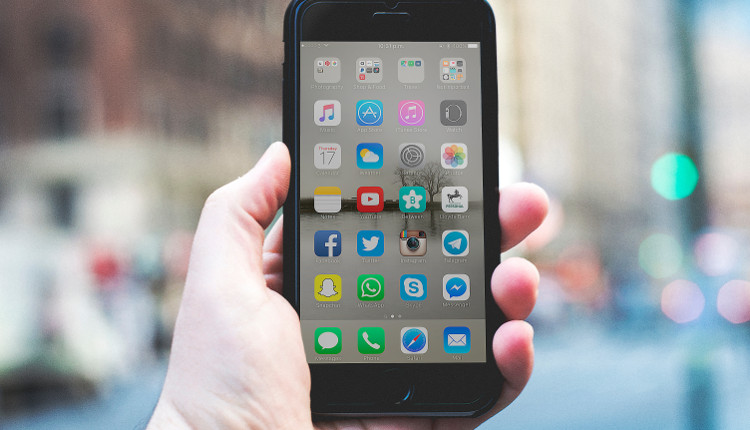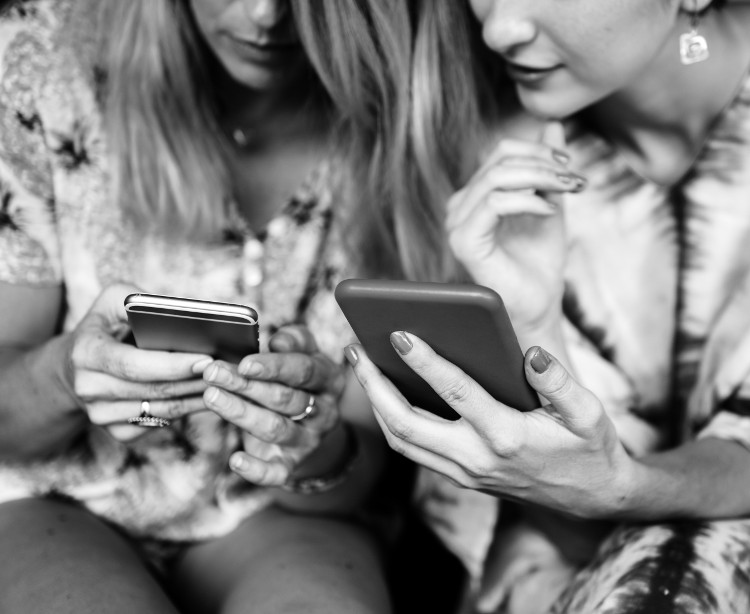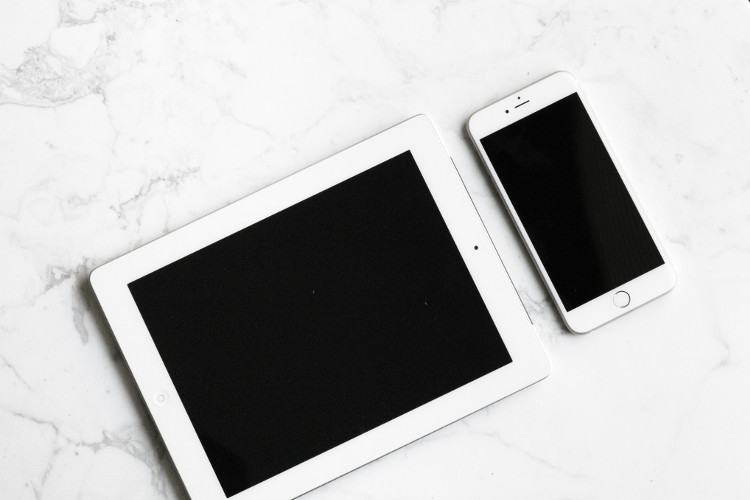Why Quitting Facebook After Nine Years Became A Pretty Big Deal
Do you like connecting with people?
Finding out what your friends from school are up to these days? Sharing funny images and random thoughts that lead to chit chat?
Me too. At least, this is what I used to like back in 2008, when Facebook became mainstream and replaced small social media platforms around the globe to become the world’s leading social network.
It started off very innocent really. Little did I know of its insidious power, of how I would go from “making conversation” to feeding obsessive thoughts. Of how it would become an addiction, as it taps into our “deep-seated human needs“.
I partially blame that day back in July 2013 when I received an expensive present, which would change my life – and not exactly for the better.
My iPhone.
Ever since, it has become “my faithful companion”, who does not let any chance of distraction go to waste. It has never been easier for me to distract myself from the present moment and dive straight into a world, which appears real, because millions of real people choose to escape reality at the same time for similar reasons like me.
I realised my smartphone had become a problem about two years ago, when I started longing to go back to a time, where my daily routine was not interrupted by WhatsApp messages and push notifications.
Ironically, I would often receive such reminders from my various mindfulness apps, which I had installed, already sensing that there was something wrong with me, yet unable to detect what was intensifying my unhappiness. In the meantime, I was reminded to take a deep breath and focus on what is important by the same device, that ten minutes later would encourage me to check on my Facebook.

Facebook is a massive time suck. Researchers from Kent University have found out that we lose track of time while on the internet with Facebook being “the worst offender”, as “Facebook-related stimuli can lead to an underestimate of time compared to general internet use“.
While spending time on Facebook consuming content provokes a waste of time, sluggishness and “unaccomplishment”, generating content does not always make you happier.
Are you familiar with the crushing feeling that comes along with posting something on Facebook that no one likes? About a subject that you are passionate about? Perhaps sharing an article that you wrote yourself?
When this happens, inside your mind Facebook turns into a big classroom full of people who ignore you. They are no longer individuals, but a conspiring group that excludes you.
It doesn’t matter that common sense tells you that: They are individuals. Who do not necessarily know each other. Who may not have seen your post after all. Who may not like your post this time, but care for you as a friend. Or, who do not care, because you may not even know each other in real life.
The fear of rejection goes way back and often defies common sense.
So, why use Facebook if it intensifies such negative feelings?
Are you familiar with the warming sensation that comes along with posting something on Facebook that gets likes, positive comments and shares (perhaps even the odd private message)?
Exactly. As well as serving as a classroom full of bullies and ghosters, Facebook at times turns into a schoolyard filled with fans and admirers.
Acceptance. Belonging. Being part of a group, a pack, a flock, a herd.
Well, I think you get my point. Belonging is one of our core needs as social beings. Whilst being part of a group would secure our survival in the old days, being excluded would mean certain death.

I had been on Facebook way too long. Between the ages of 23 and 33 I simply did not know a world without it. Yes, sometimes I would go days or even a week without signing on. Yet, being online had become the rule and not the exception. It had become my default mode, as my boyfriend would put it. (He is a programmer.)
But quitting Facebook required sacrifice.
I had to find an alternative newsfeed
Yes, that’s right. I am the walking, talking stereotype of a millennial, who doesn’t watch the nine o’ clock news, who doesn’t read the newspaper and who considers the feeds in her Facebook filter bubble news. But they knew me. Oh, they knew me (Don’t tell Amazon, because she always gets jealous when I mention Facebook).
So, I had to write down the names of my feeds hoping they would show up at the next cool place, which I would start to hang out on. But which one would that be? LinkedIn? Or Twitter?
I had to overthink auto login options
It’s the handiest thing in the world: Logging in to Spotify, Medium or Couchsurfing without having to remember a password, simply by clicking on the Facebook auto login button. It had become an automatism. I was no longer Julia – the actual person – but Julia, the Facebook persona, who was now in charge of most of my online accounts.
It’s less dramatic than it sounds.
Yet, I had to organize all my accounts and contact them, in order to find out, whether I still exist for them without Facebook. The only online profile that would not accept me any longer after quitting Facebook was Spotify, which is why I decided to only deactivate my account for the moment, so I am still able to access all my playlists. That’s very sneaky though, isn’t it?
I had to reevaluate my friendships
Friends. In the unlikely event of finding myself in a post-apocalyptic world with only my Facebook friends at hand, my chances of survival would increase dramatically, if I chose to drop most of them and take new friends on board.
Thankfully, I have always been enthusiastic about Facebook spring cleaning and would never count more than 180 Facebook friends at a time.
So, revaluation was not the hardest thing to do. I contacted everyone that I felt a closer connection with through private message and we exchanged actual contact details. The others I informed through a public post and was surprised how many people still wanted to stay in touch with me after leaving Facebook.

I had to reinvent my routine
What would I do now instead of checking Facebook? Be productive? Enjoy the silence? Spend time with my family? Without being annoyed with them for interrupting my smartphone interactions?
Reinventing my routine was one of the biggest challenges. But it had to be possible. I had friends, who have lived without Facebook. Since recently or even since forever. I couldn’t help but ask these people how they manage and if they feel excluded in any way. Surprisingly enough, they were all fine and encouraged me to leave! (Except for the ones, who are not even on WhatsApp. They are treated like outcasts. They are lost.)
After ticking off all those boxes I was ready to leave. And if you ask me: Will quitting Facebook lead to a more content and happy life? or: Will it invigorate me and release energies that I didn’t think I have in me?
If you have tried meditation, veganism, yoga and alternative medicine and none of it did the job, then yes: Leaving Facebook definitely did change my life for the better.
(You can even delete your mindfulness apps.)
Removing Facebook and its messenger released a lot of storage – on my phone – and most importantly, in my mind.
As a writer, however, it’s impossible for me to quit social media for good. I will have to walk the thin line of a borderline social media addict.
Now, how does this Twitter thing work?
